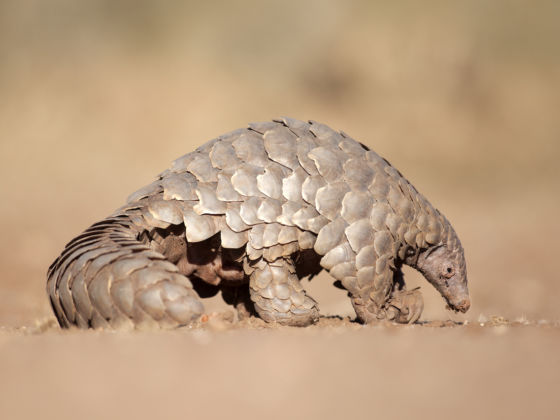Out of the eight species of pangolin found in Asia and Africa, two are listed as “endangered,” two are classified as “critically endangered,” and the other four are registered as “vulnerable” — a horrifying tally for the scaly mammal often described as a “walking pinecone.”
The main reason for the sorry plight of this unusual creature, thought to be the most-trafficked non-human mammal in the world, is that its scales are very much sought after for the making of human and veterinary medicine, especially in Traditional Chinese Medicine (TCM). According to National Geographic, a 2016 report by the nonprofit China Biodiversity and Green Development Foundation explains that pangolin scales are used in 60 commercially produced medicines from over 200 pharmaceutical companies.
